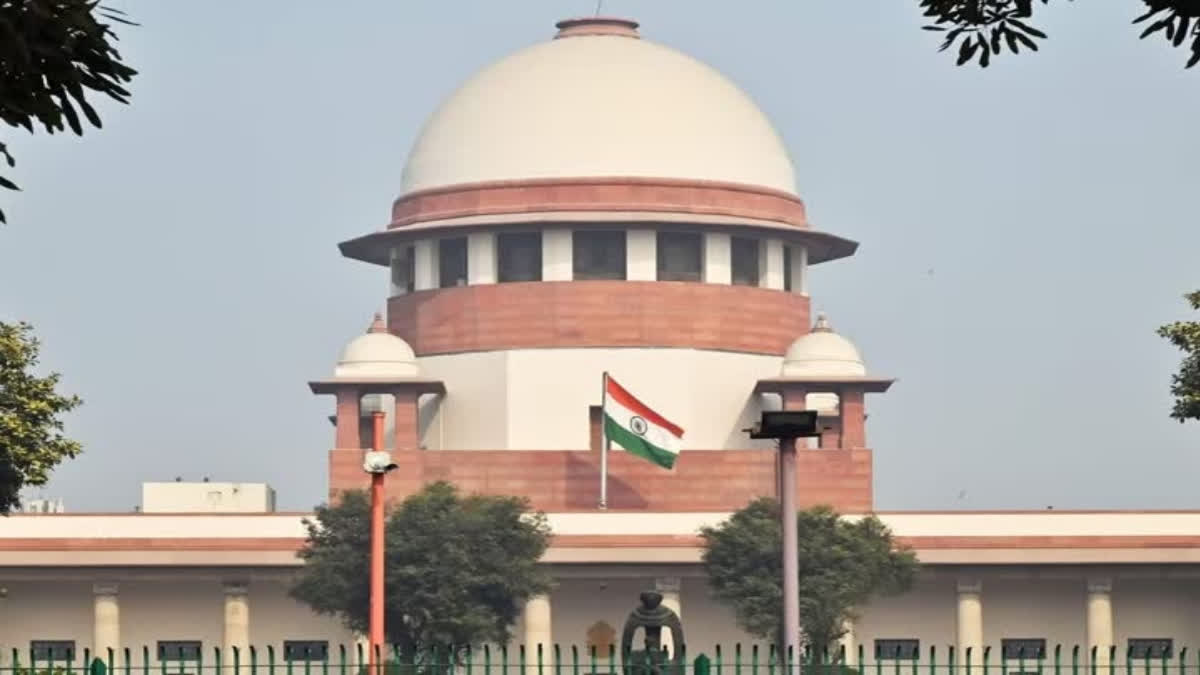New Delhi: The Supreme Court Thursday directed the Centre to set up a fresh delimitation commission for proportional representation of the communities specified as Scheduled Castes (SCs) and Scheduled Tribes (STs), as mandated under the Constitution.
A bench led by Chief Justice of India D Y Chandrachud said for the court to direct that in addition to the reservation made Parliament must legislate to enact proportional representation for all other communities forming part of Scheduled Tribes, that would be venturing into the legislative domain, and the court cannot direct Parliament to amend or make laws.
The apex court stressed that it has made it clear that Centre will have to set up the delimitation commission. The apex court was hearing a plea seeking a proportionate representation of the Limbu and Tamang tribal communities in the assemblies of Sikkim and West Bengal. The bench made it clear that its verdict shall not be read to interfere with the elections to Parliament or state assemblies since elections are an overarching mandate.
The bench, while dealing with proportionate representation of communities in the West Bengal Assembly, said it would require using the power under the Delimitation Act, 2002. The law provides for a readjustment of the allocation of seats in state assemblies, the total number of assembly seats and the division of each state and Union Territory having a legislative assembly.
The apex court noted that regarding West Bengal, it has been submitted that additional seats have to be made available in the state assembly for the Scheduled Tribes in order to accommodate the principle of proportional representation. “The above circumstance makes it abundantly necessary for the Centre to take recourse to power under the Delimitation Act, 2002 to ensure that the provisions under articles 332 and 333 of the Constitution are duly implemented,” said the bench.
On Wednesday, the Supreme Court asked the central government to consider reconstitution of the delimitation commission for proportional representation of Limbu and Tamang tribal communities in Sikkim and West Bengal. Citing demand of Limbu and Tamang communities for the grant of proportional representation, the bench said it as a constitutional foundation, which can be found in Articles 330 and 332 of the Constitution.
The top court was hearing a plea by the Public Interest Committee for Scheduling Specific Areas, or PICSSA, an NGO, which argued that Limbu and Tamang communities, both belonging to the ST category, have been denied proportionate representation in West Bengal and Sikkim.
The plea sought direction from the Centre, the poll panel, and the two states to take steps for proportional representation of STs, as guaranteed under Articles 330 (reservation of seats for SCs and STs in the House of People) and 332 (reservation of seats for SCs and STs in legislative assemblies of states) of the Constitution, to prevent violation of Article 14 (equality before law).



